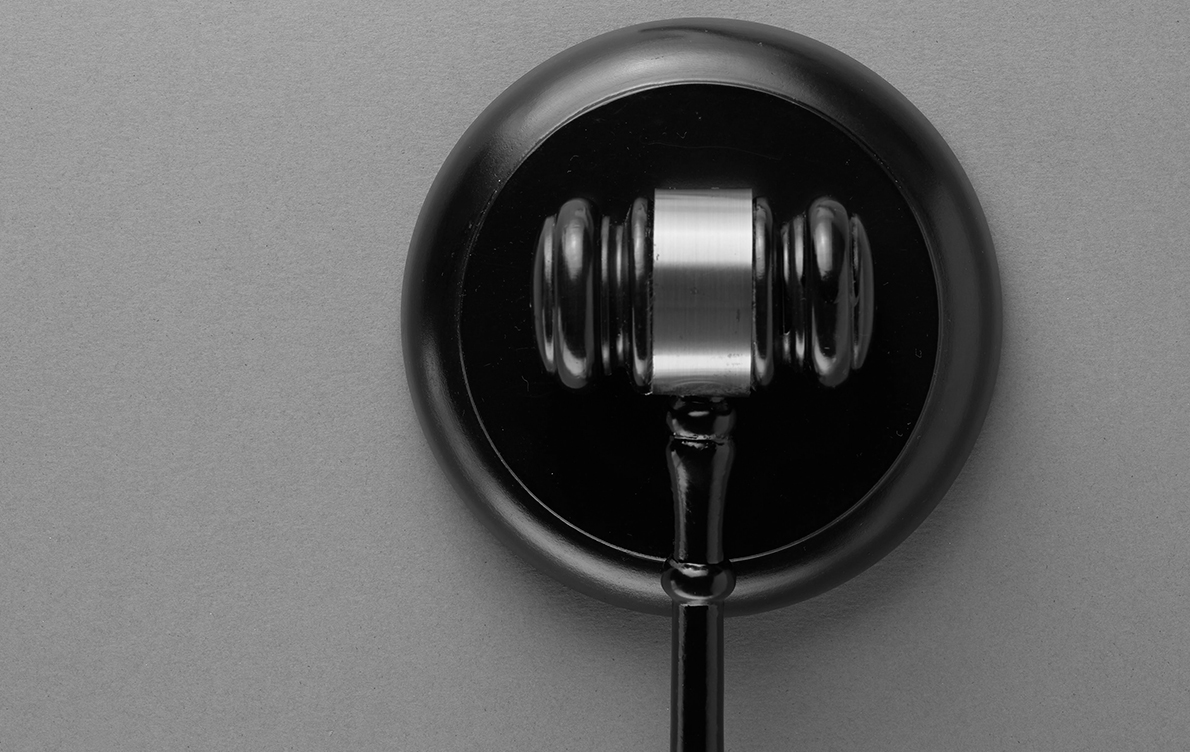Pretrial Discovery in Florida Probate Proceedings
Many people familiar with litigation probably think of pretrial discovery in the context of traditional and often heated litigation—perhaps a contentious divorce, a complex contractual or real estate dispute or a contested personal injury or medical malpractice lawsuit. While pretrial discovery in Florida is certainly very common in these types of cases, the Florida Probate Rules allow for discovery even in non-contested, routine estate administrations where there are no adverse parties or claims, i.e., matters where no one is suing anyone else.
Rule 5.080 the Florida Probate Rules provides as follows:
(a) Adoption of Civil Rules. The following Florida Rules of Civil Procedure shall apply in all probate and guardianship proceedings:
(1) Rule 1.280, general provisions governing discovery.
(2) Rule 1.290, depositions before action or pending appeal.
(3) Rule 1.300, persons before whom depositions may be taken.
(4) Rule 1.310, depositions upon oral examination.
(5) Rule 1.320, depositions upon written questions.
(6) Rule 1.330, use of depositions in court proceedings.
(7) Rule 1.340, interrogatories to parties.
(8) Rule 1.350, production of documents and things and entry upon land for inspection and other purposes.
(9) Rule 1.351, production of documents and things without deposition.
(10) Rule 1.360, examination of persons.
(11) Rule 1.370, requests for admission.
(12) Rule 1.380, failure to make discovery; sanctions.
(13) Rule 1.390, depositions of expert witnesses.
(14) Rule 1.410, subpoena.
(15) Rule 1.451, taking testimony.
All of the regular tools for discovery—interrogatories, requests for production of documents, depositions, requests for admissions and subpoenas—that are available in conventional and contested litigation is, pursuant to the above rule, also available in ordinary estate administration matters, as well as adversarial probate and guardianship cases. A beneficiary of an estate, for example, who has not filed any type of adversary proceeding in probate but who wants more information with respect to transfers of property or money made by a decedent in the three years before he passed away is entitled to serve interrogatories and a request for production of documents on the personal representative of the estate and can even set the deposition of that personal representative if that beneficiary believes that a deposition is necessary.
As the law continues to evolve on these matters, please note that this article is current as of date and time of publication and may not reflect subsequent developments. The content and interpretation of the issues addressed herein is subject to change. Cole Schotz P.C. disclaims any and all liability with respect to actions taken or not taken based on any or all of the contents of this publication to the fullest extent permitted by law. This is for general informational purposes and does not constitute legal advice or create an attorney-client relationship. Do not act or refrain from acting upon the information contained in this publication without obtaining legal, financial and tax advice. For further information, please do not hesitate to reach out to your firm contact or to any of the attorneys listed in this publication.
Join Our Mailing List
Stay up to date with the latest insights, events, and more




